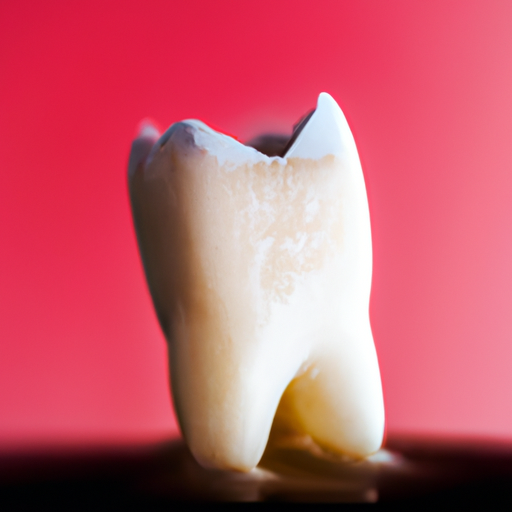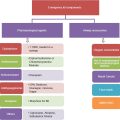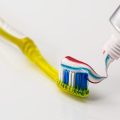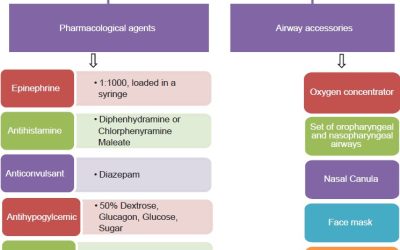So you wake up one morning with an unbearable toothache that makes you cringe every time you take a sip of hot coffee. Dental emergencies can strike at any time, leaving you in pain and desperately seeking relief. But what exactly are the common causes of these dental emergencies? From sudden tooth fractures to severe infections, this article will explore the various factors that can lead to those unexpected trips to the dentist. So grab your seat and let’s dive into the world of dental emergencies.
Trauma to the Teeth
Trauma to the teeth is often caused by various types of accidents or injuries. Sports injuries can be a major cause of dental trauma, as contact sports like football or hockey can result in direct blows to the mouth. Falls and accidents, such as slipping and hitting your face, can also cause trauma to the teeth. Additionally, physical altercations or fights can lead to tooth injuries if there are punches or kicks to the face.
Tooth Decay
Tooth decay is a prevalent issue that can result in dental emergencies if left untreated. Untreated cavities, which are caused by the breakdown of tooth enamel, can become larger and deeper, leading to severe pain and potential infections. In some cases, an untreated cavity can progress to a dental abscess, which is a pocket of pus that forms at the root of the tooth. This can cause severe pain, swelling, and even systemic health issues if not treated promptly.
Gum Disease
Gum disease, also known as periodontal disease, can lead to dental emergencies if it progresses to more severe stages. Periodontitis, the advanced stage of gum disease, can cause gum recession, bone loss, and tooth instability. This can result in tooth loss and require emergency treatment. Gingivitis, the early stage of gum disease, can also contribute to dental emergencies if left untreated, as it can develop into periodontitis if not properly managed.
Enamel Erosion
Enamel erosion occurs when the protective outer layer of the teeth is worn away, making them more susceptible to damage and causing discomfort. Acidic foods and drinks, such as citrus fruits, soda, and coffee, can contribute to enamel erosion over time. Gastroesophageal reflux disease (GERD), a condition where stomach acid flows back into the esophagus, can also lead to enamel erosion if the acid reaches the mouth. Additionally, individuals with bulimia, who frequently induce vomiting, are at risk of enamel erosion due to the high levels of stomach acid exposure.
Cracked or Fractured Teeth
Cracked or fractured teeth can occur due to various factors. Chewing hard foods or objects, such as ice, popcorn kernels, or pen caps, can put excessive pressure on the teeth, causing them to crack or fracture. Teeth grinding, also known as bruxism, is another common cause of cracked or fractured teeth. This habit, often done unconsciously during sleep, puts significant force on the teeth, leading to damage over time. Similarly, clenching the jaw can also contribute to tooth fractures and require emergency dental care.
Improper Dental Procedures
While dental procedures are typically performed by skilled professionals, there can be instances where complications arise. Faulty dental restorations, such as fillings, crowns, or bridges, can result in dental emergencies if they become loose, break, or cause pain. Failures in dental implants, where the implant does not properly integrate with the jawbone or becomes infected, can also necessitate immediate attention. Additionally, root canal complications, such as incomplete treatment or missed canals, can lead to severe pain and require emergency intervention.
Orthodontic Issues
Orthodontic emergencies can arise due to braces-related incidents. These can include broken wires, loose brackets, or protruding wires that cause discomfort or injury to the mouth. Dislodged or broken wires can irritate the surrounding oral tissues and lead to cuts or sores. Furthermore, impacted wisdom teeth can cause dental emergencies if they become infected or cause pain due to their improper eruption.
Oral Infections
Oral infections can pose significant dental emergencies. An abscessed tooth is a common type of oral infection, characterized by a bacterial infection at the root of a tooth. It can cause intense pain, swelling, and even the formation of a pus-filled pocket. Infected gums, often resulting from untreated gum disease or poor oral hygiene, can also lead to dental emergencies, as the infection can spread and result in serious complications. Additionally, oral herpes, a viral infection caused by the herpes simplex virus, and oral thrush, a fungal infection characterized by white patches on the tongue and inside the mouth, can require immediate dental care if they cause severe pain or interfere with normal oral function.
Sensitivity and Toothaches
Tooth sensitivity and toothaches can be quite uncomfortable and potentially indicate underlying dental issues. Exposed tooth roots, which can occur due to gum recession or enamel erosion, can result in sensitivity to hot and cold temperatures. This sensitivity can be quite painful and may require professional treatment to alleviate the symptoms. Tooth sensitivity can also be caused by worn tooth enamel or dental fractures. Sinus infections, although not strictly dental issues, can cause toothaches due to the close proximity of the sinuses to the upper teeth. This can lead to sensitivity and pain in the affected teeth.
Faulty Dental Appliances
Faulty dental appliances, such as loose or broken dentures, can cause significant discomfort and may require immediate attention. Loose dentures can rub against the gums, leading to irritation and sore spots. Broken dentures, on the other hand, can cause difficulty in eating and speaking properly. Similarly, irritation from orthodontic devices, such as braces or retainers, can result in dental emergencies if it causes severe pain, cuts, or ulcers in the mouth.
In conclusion, dental emergencies can be caused by various factors including trauma to the teeth, tooth decay, gum disease, enamel erosion, cracked or fractured teeth, improper dental procedures, orthodontic issues, oral infections, sensitivity and toothaches, as well as faulty dental appliances. It is important to prioritize oral health and promptly seek professional dental care if any emergencies arise, as timely intervention can help prevent further complications and alleviate pain. Remember to maintain good oral hygiene practices and regularly visit your dentist for check-ups to minimize the risk of dental emergencies.












